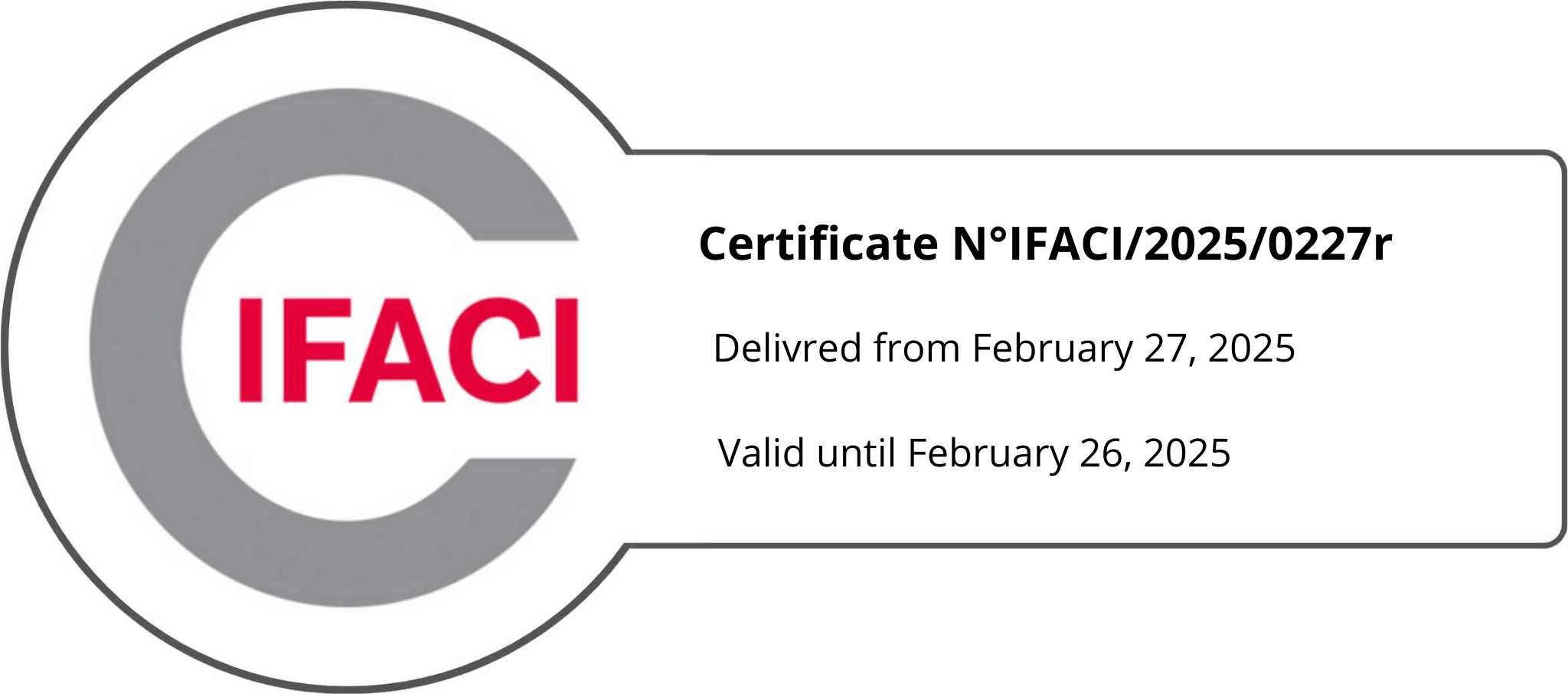BOAD intervenes in various ways:
- Equity investment in companies or National Financial Institutions (NFIs);
- Financing short-term operations ;
- Financing of project feasibility or engineering studies ;
- Assistance to small and medium-sized enterprises (SMEs) through :
-
- credit lines to help finance micro-projects and the development of SMEs;
- specialized global advances ;
- refinancing framework agreements ;
- leasing lines ;
- Easing of borrowing conditions through interest-rate subsidies for projects in the non-profit sector;
- Assistance in the preparation, promotion and implementation of projects;
- Bond guarantees ;
- Project financing arrangements ;
- Financial advice.








